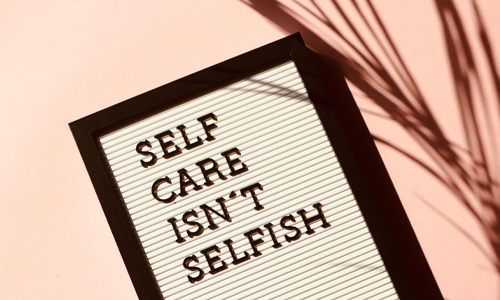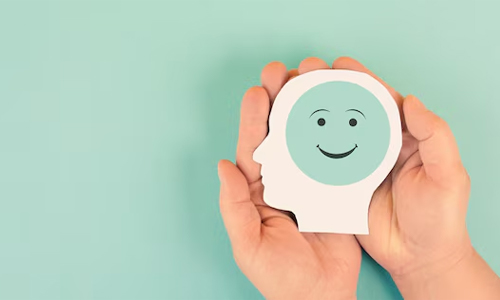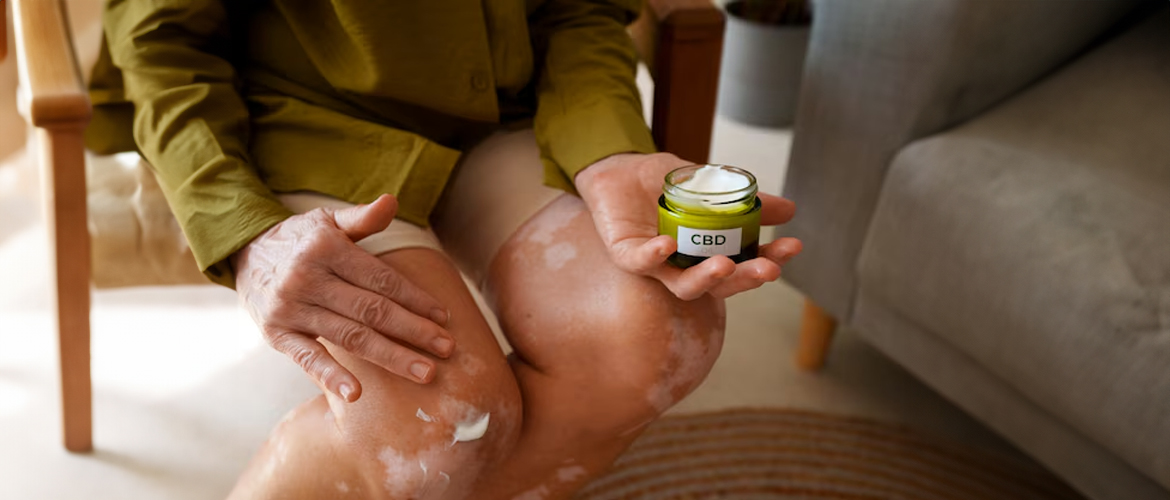There are so many things happening on a single day that might affect our mental health. Mental health, just like physical health, requires attention, care, and regular maintenance. One of the most effective ways to prioritize and nurture mental well-being is through self-care.
This blog will explore various self care strategies to care for your mental health, tips to take care of it, and ideas on how to implement them in your daily life.
Why Is Self-Care Important?

As much as we care for our external beauty, our mental health should also be taken into concern for sure. Because if your mental health is not cared for properly, automatically your physical health also gets spoiled.
Mental health is not just the absence of mental illness. It is a state of well-being, where you feel balanced, grounded, and capable of coping with life’s challenges.
Different Types of Self-Care for Every Area of Your Life
The concept of self-care is important in almost all aspects. They include physical, emotional, social, psychological, and spiritual components. Here are various self-care strategies that address these different aspects of life and well-being.
Physical Self-Care

We all know that our body and mind are both interlinked. To keep our mind happy, we need to keep our body healthy. Physical strategies are most important because they affect your overall health directly.
When you take care of your body in a good way, you are more likely to feel mentally sharper, emotionally balanced, and physically energized. Here are a few physical self-care strategies that impact your overall well-being.
1. Exercise Regularly

Physical activity is one of the most significant ways of promoting and maintaining your mental health. Exercise releases endorphins, which are natural mood lifters. Activities like walking, running, yoga, and swimming can also help reduce stress, anxiety, and depression while promoting better mental health.
2. Adequate Sleep

Sleep is another important factor that helps maintain your mental health. Lack of sleep can cause irritability and fatigue. Prioritize a healthy sleep routine, aiming for 7-9 hours of sleep each day. Create a relaxing bedtime ritual, reduce the screen time before bed, and ensure your sleep environment is comfortable.
3. Hydrate Enough

Drink enough water throughout the day because dehydration can also lead to fatigue and other health-related problems. Aim for at least 8 glasses of water a day to stay hydrated.
4. Eat Nutritious Food

A balanced diet rich in fruits, vegetables, nuts, and grains can improve your cognitive function, stabilize your mood, and increase energy levels. Avoid excessive caffeine, sugar, and processed food as they can lead to energy crashes and mood swings.
Emotional Self Care
Emotional self care is nothing but analyzing your emotions, validating, and managing them. It involves developing a healthy relationship with yourself and learning how to deal with your emotions in a constructive way. Here are a few emotional self-care strategies that impact your overall well-being.
1. Practice Mindfulness

Mindfulness is also a practice of meditation that helps our mind to stay calm and composed without reacting too much. Practices like meditation, and deep breathing exercises can help you manage emotional overwhelm.
2. Keep a Journal

Penning down your thoughts and feelings can be a great way to process emotions and gain clarity in your life. Keeping a journal is the best way to identify your emotions, identify triggers, and develop coping strategies.
3. Set Boundaries
Setting boundaries is very much necessary in emotional self care. Learn how to say no to things that you do not like and remember not to feel guilty about it. This helps to protect your peace and cope for emotional well-being.
4. Seek Therapy or Counseling

Sometimes, professional help is necessary for emotional well-being. Seeing a therapist or counselor can provide a safe space to talk about your feelings, gain insights into your mental health, and develop coping strategies.
Social Self Care
Healthy relationships are vital for mental health. Surrounding yourself with positive and supportive people can foster a healthy growth of mental health, increase a sense of belonging, and provide emotional support.
1. Connect with Loved Ones

Spend time with friends and family who uplift and support you. Social connections can be a great source of comfort and help you feel more grounded during stressful times.
2. Join Support Groups

Sometimes, joining support groups who went through the same situation can also help you to cope with the stress. These support groups are helpful for those who experience trauma and make them feel that they are not alone in this process.
3. Volunteer

Helping others can be a great way to boost your mental health. Volunteering gives you a sense of purpose and can foster a sense of community. Whether it’s helping at a local shelter or mentoring others, giving back can provide positive emotional benefits.
Mental/Psychological Self Care

Mental self-care focuses on keeping your mind sharp, clear, and resilient. This involves activities that promote cognitive health and help manage stressors.
Engage in Cognitive Challenges
Engage in activities that stimulate your brain and keep it sharp. This can include reading, puzzles, problem-solving games, or learning a new skill or hobby.
Practice Positive Thinking

Your thoughts have a significant impact on your mental health. Cultivating a positive mindset through affirmations or challenging negative thought patterns can help improve your mood and outlook on life.
Practice Gratitude

Take time each day to reflect on the things you're grateful for. Studies have shown that practising gratitude can increase happiness and reduce feelings of anxiety and depression.
Limit Information Overload
In the age of constant news cycles and social media updates, it can be easy to feel overwhelmed. Take breaks from news consumption or set specific times during the day to check in with the world.
Spiritual Self Care
Spirituality doesn’t always mean religious beliefs. It is about understanding yourself for your peace and well-being. Spiritual self-care is about connecting to something larger than yourself, finding meaning in your life, and aligning with your values.
1. Meditation
Meditation is one of the best ways to achieve inner peace. It helps you to connect with your soul and protect your mental health. 20 minutes of meditation each day can have a significant effect on your body.
2. Nature as a Healer
Spending time outdoors and connecting with nature can have profound mental health benefits.
Nature has a calming effect on body, mind, and spirit. Therefore, it can soothe your harsh thoughts and provide relief.
Self-Care Ideas to Try
Here are a few self-care ideas that you can incorporate into your routine:
- Take a warm bath with calming essential oils like lavender or chamomile.
- Read a book that brings you joy or transports you to another world.
- Spend a few minutes each day practising deep breathing exercises.
- Engage in a hobby you’ve always wanted to try, such as knitting, painting, or learning a musical instrument.
- Schedule a “me day,” where you focus solely on activities that bring you peace and joy.
- Try a new wellness activity, such as yoga, or guided meditation.
Final Note
Hope you got an overview of self care examples to cope with your mental health. Self-care examples like exercise, healthy eating, setting boundaries, and engaging in mindfulness can help you manage stress, boost your mood, and improve your overall well-being.
Remember, mental health is just as important as physical health, and by prioritizing self-care, you're investing in a healthier, happier future.













